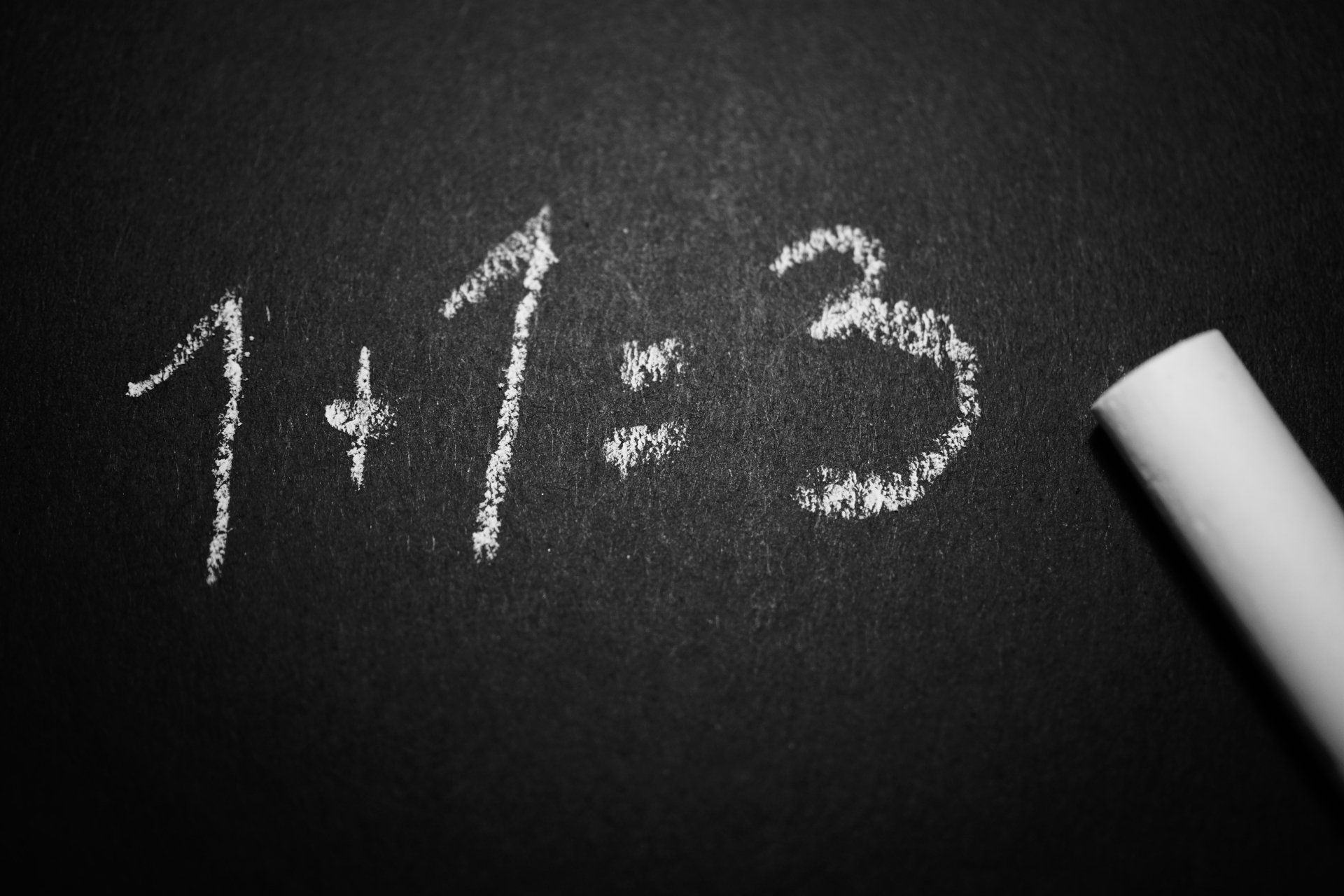Science - KS3 Curriculum
Key Stage 3 Curriculum
Science is a way of discovering what’s in the universe, how those things work today, how they worked in the past and how they are likely to work in the future.
The KS3 science curriculum embeds a core understanding of the principles of biology, chemistry and physics in year 7 and 8. KS3 Science is taught by a single class teacher.
Pupils studying KS3 science will begin to see the connections between biology, chemistry and physics and become aware of some of the big ideas underpinning scientific knowledge and understanding. The order of the units has been chosen by thinking deeply about the connections between topics in each subject area of biology, chemistry or physics. We have also developed the curriculum to unpin the core knowledge and skills required for GCSE sciences.
Science is the study of the physical and natural world through observation and experiment. Our KS3 curriculum introduces practical science to students allowing them to develop analytical, numerical and evaluative skills. These skills are vital in providing a strong foundation to begin GCSE science in year 9.
Below is a breakdown of the topics covered through years 7 and 8:
In addition to the standard curriculum, students are provided with opportunities to take part in a wide range of extra-curricular STEM (Science, Technology, Engineering and Mathematics) activities, trips and events organised at school, in London and beyond.
KS3 Science specification at The Cedars has been developed using the national science curriculum and is linked below.
KS3 National Science Curriculum
Thomas Part
Head of Science
| Year 7 | Year 8 | |
|---|---|---|
| Induction: Safety, Apparatus, Scientific method | ||
| Chemistry | C1: The particulate nature of matter/ Chemical and Physical change | C4: Pure and impure substances |
| C2: Atoms, elements and compounds | C5: The atom and the periodic table | |
| C3: Acids and alkalis | C6: Metals and acids | |
| Biology | B1: Cells and organisation | B4: Relationships in an ecosystem |
| B2: Human systems | B5: Adaptation and inheritance | |
| B3: Reproduction | B6: Health and lifestyle | |
| Physics | P1: Forces and motion | P4: Energy |
| P2: Moments and pressure | P5: Light and sound | |
| P3: Space | P6: Electricity and circuits |



